Produktbilder zum Buch
My Moves
Für einen direkten Kontakt und Fragen zum Produkt wenden Sie sich bitte an:
info@piper.de
Piper Verlag GmbH
Georgenstraße 4
80799 München
Beschreibung
‘A mover and shaker with a big heart and an incredible sense for people.’ - Friedhelm Funkel
Agents are legendary figures in professional football. Volker Struth is one of them, and his life is an adventure with a fairy-tale ending: growing up in desperate circumstances in Pulheim near Cologne, his imagination and ideas first made him a hugely successful entrepreneur, then Germany’s biggest agent. In this book, Struth provides insights into the trade secrets of the game, taking the reader behind the desks of Europe’s most influential directors of football and revealing how negotiations really…
‘A mover and shaker with a big heart and an incredible sense for people.’ - Friedhelm Funkel
Agents are legendary figures in professional football. Volker Struth is one of them, and his life is an adventure with a fairy-tale ending: growing up in desperate circumstances in Pulheim near Cologne, his imagination and ideas first made him a hugely successful entrepreneur, then Germany’s biggest agent. In this book, Struth provides insights into the trade secrets of the game, taking the reader behind the desks of Europe’s most influential directors of football and revealing how negotiations really work. He offers a glimpse into the souls of Bundesliga players and world stars, and he divulges the price he’s had to pay for his success.
‘He’ll go to great lengths for his players. And when he has to, he’ll fight like a dog in the street. It’s why he spends year after year at the top of the industry.’ - Reiner Calmund
‘Generally, you don’t like to negotiate with Volker Struth because it always ends up being expensive. He’s fair, but he’s firm.’ - Oliver Mintzlaff
‘I like and value Volker Struth. But I’m always glad when he comes through the door without a player in tow.’ - Rudi Völler
Über Volker Struth
Aus „My Moves“
Prologue
I’ve never been to a business seminar. I’ve never made a PowerPoint presentation. Instead, my business ideas have been instinctive, developed on the spot. Once, I had one while swaying to music at the Oktoberfest.
It came to me when the band struck up ‘Viva Colonia’. Confused, I wondered what a Cologne anthem was doing at that most Bavarian of all festivals and even more so why people were waving around their tankards enthusiastically. Two hours later, the crowd were still going.
‘Da simmer dabei, dat is prima, Viva Colonia!’
Suddenly, it dawned on me: ‘I’m [...]
Das könnte Ihnen auch gefallen
Prologue
Chapter 1
Chapter 2
Chapter 3
Chapter 4
Chapter 5
Chapter 6
Chapter 7
Chapter 8
Chapter 9
Chapter 10
Chapter 11
Chapter 12
Chapter 13
Chapter 14
Chapter 15
Chapter 16
Chapter 17
Chapter 18
Chapter 19
Chapter 20
Chapter 21
Chapter 22
Chapter 23
Chapter 24
Chapter 25
Chapter 26
Epilogue
Acknowledgements

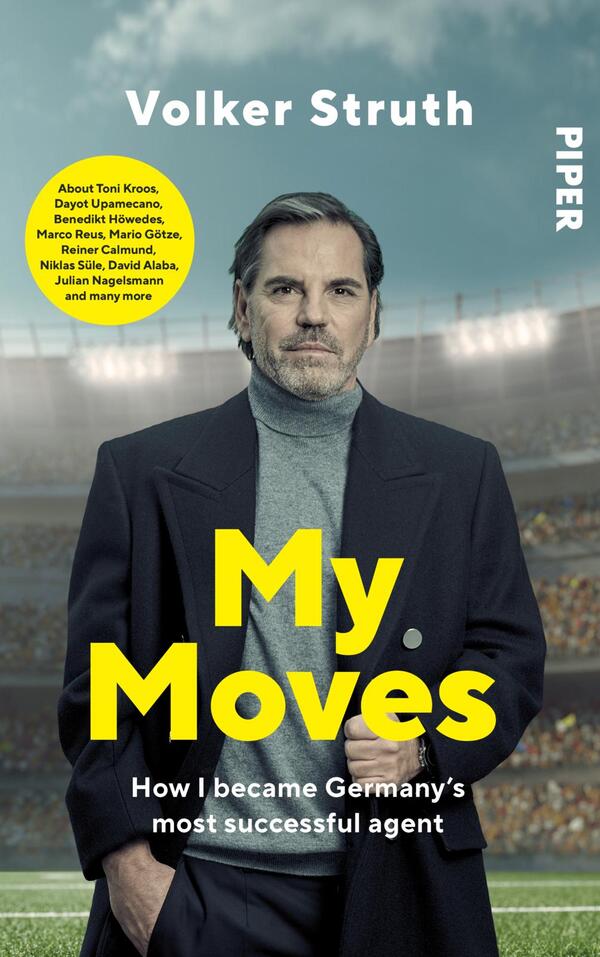
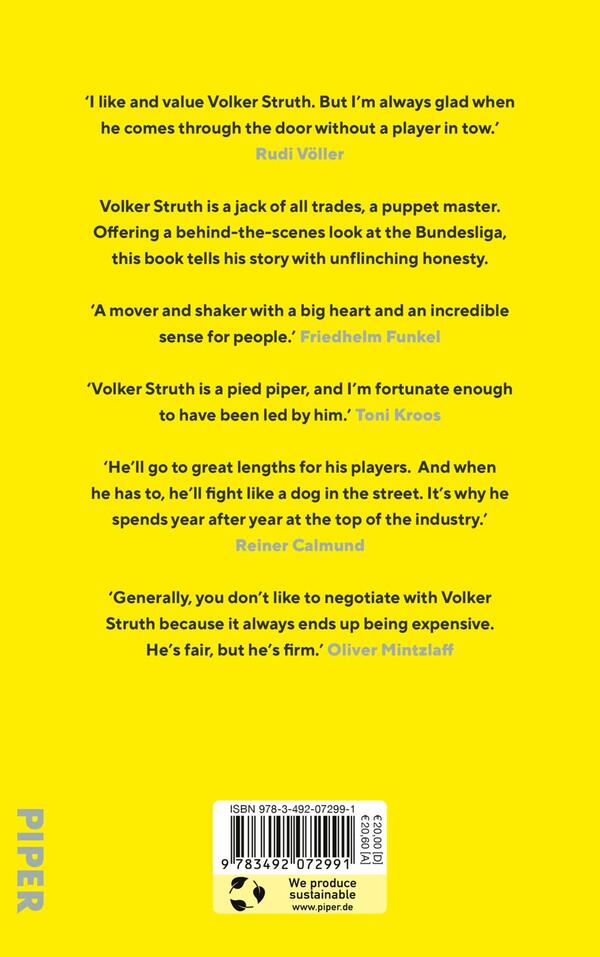
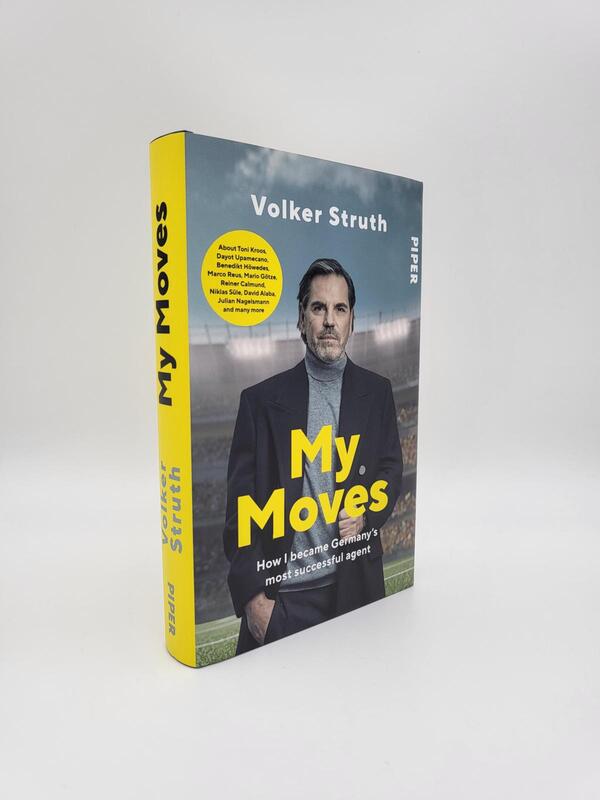
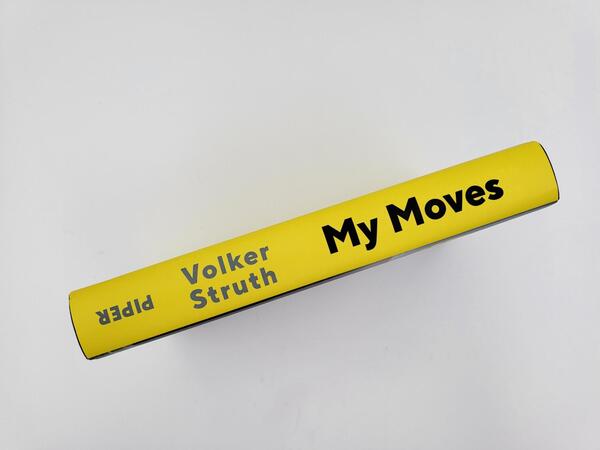
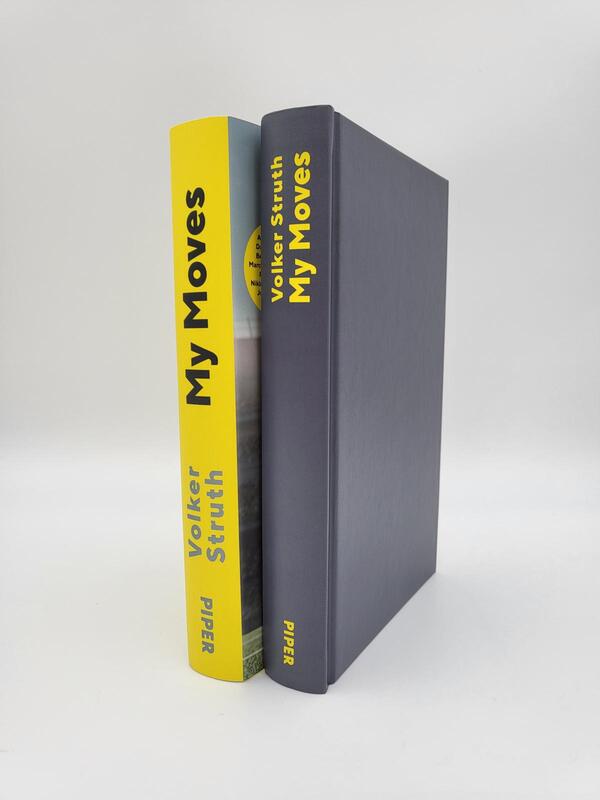
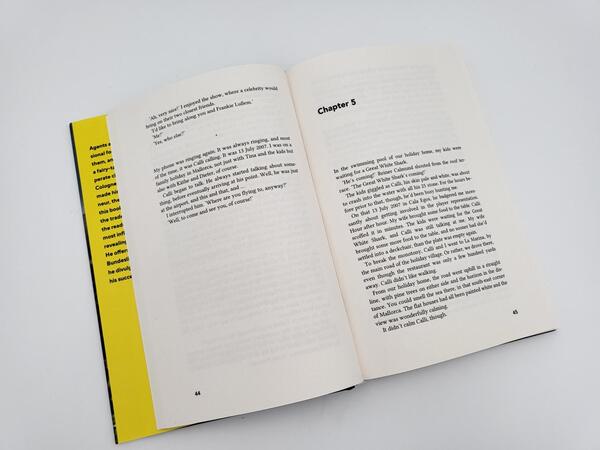

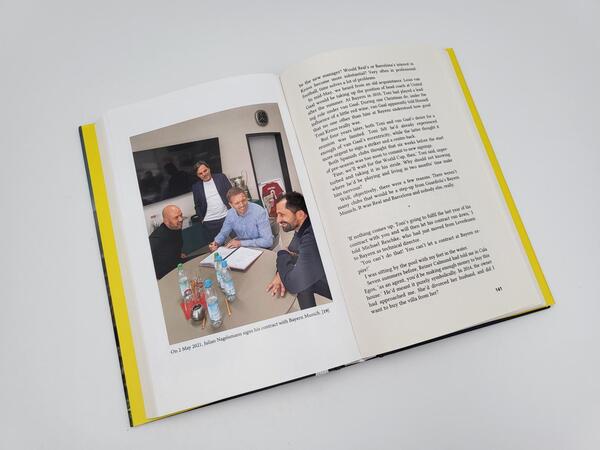
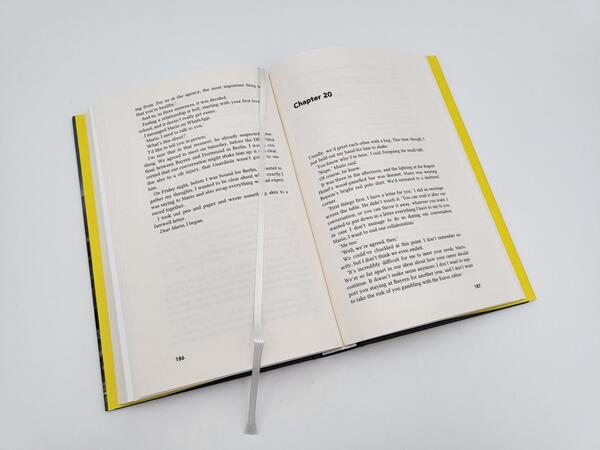
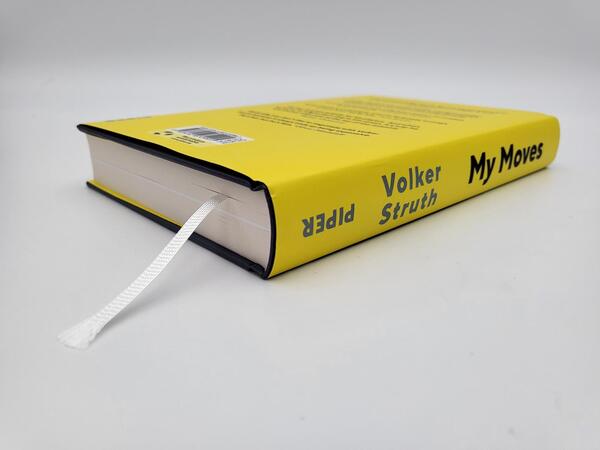



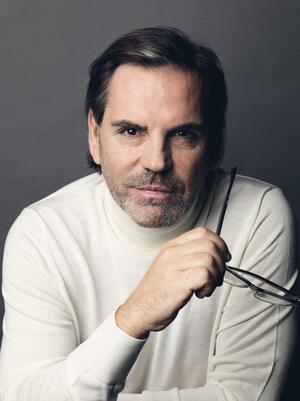


Die erste Bewertung schreiben